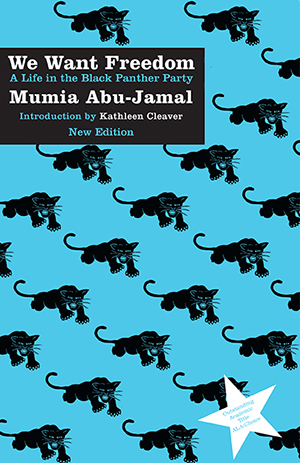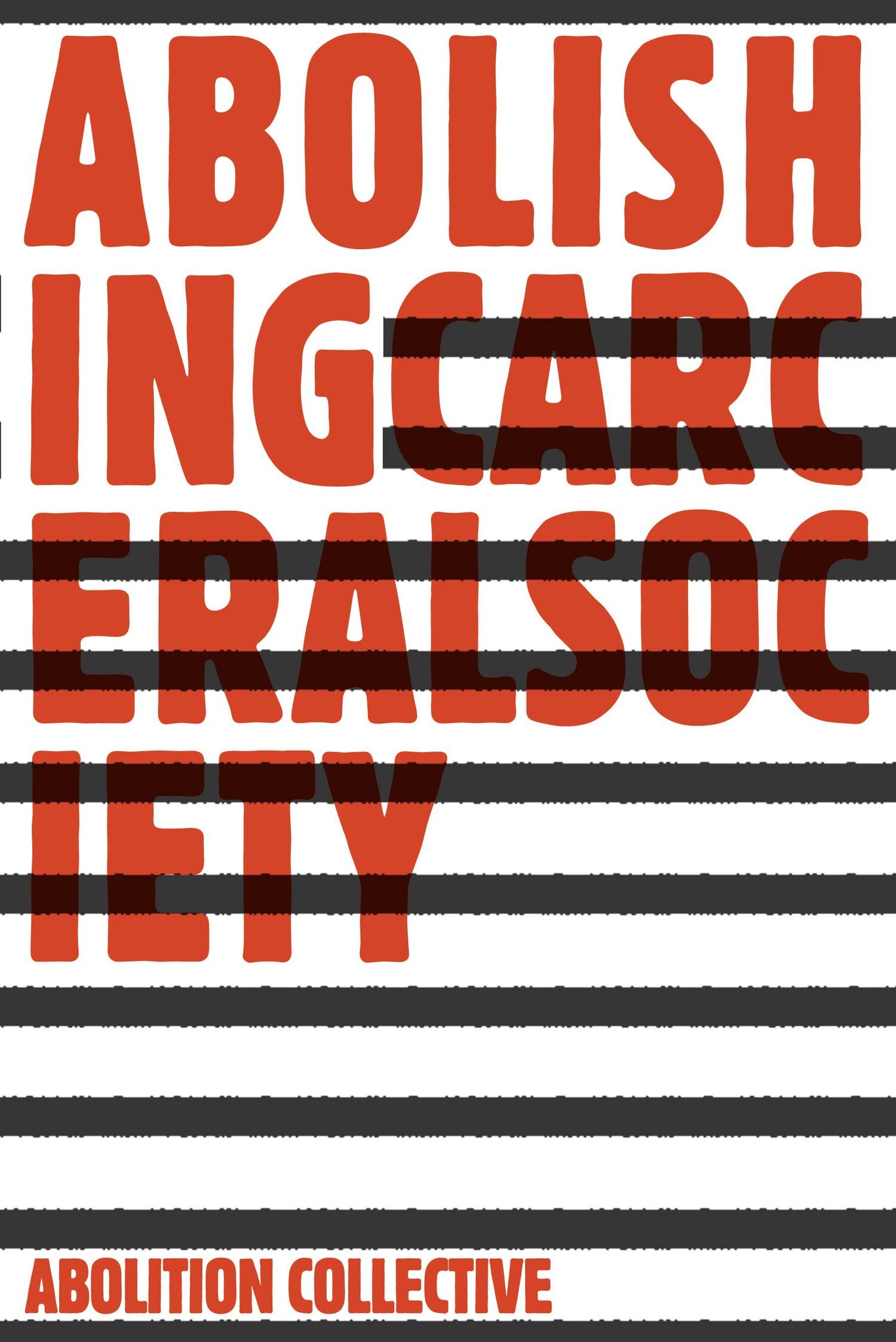Colors of the Cage: A Memoir of aN Indian Prison
Arun Ferreira
With an Introduction by Siddhartha Deb
“Arun Ferreira gives us a clear-eyed, unsentimental account of custodial torture, years of imprisonment on false cases and the flagrant violation of procedure that passes as the Rule of Law. His experience is shared by tens of thousands of our fellow countrymen and women, most of whom do not have access to lawyers or legal aid. This country needs many more books like this one.”
—Arundhati Roy
A powerful eyewitness account of life in an Indian prison shows how abolition is necessary to achieve a democratic transformation of society.
In May 2007, Arun Ferreira, a democratic rights activist, was picked up at a railway station in western India, detained by the court, and condemned to prison for an expanding list of crimes: criminal conspiracy, murder, possession of arms, and rioting, among others added during his detention.
In one of the most notorious prisons in India, Arun Ferreira was constantly abused and tortured. Over the next several years, each of the ten cases slapped against him fell apart. At long last, Ferreira was acquitted of all charges. As he exited the prison, moments away from freedom, he was rearrested by plainclothes police. He never got to glimpse his family waiting for him just outside the prison gates.
In stark and riveting detail, Ferreira recounts the horrors he faced in prison—torture, beatings, the general air of hopelessness—and the small consolations that kept hope alive—strikes and solidarity among inmates. His memoir is a timely reminder that across the globe policing and incarceration are institutions in desperate need of being dismantled.
“A political prisoner reveals the horrors he faced in prison and describes how countless others are facing similar situations all around India. This book is an eye-witness account of life in an Indian prison and the need for its abolition as part of a real democratic transformation of Indian society.”
PRODUCT DETAILS
Author: Arun Ferreira
Publisher: Common Notions
ISBN: 978-1-942173-13-7
Release: February 2021
Format: Paperback
Size: 8.5 X 5.5
Page count: 176
Subjects: Prisons / Memoir / South Asia
About the Author
Arun Ferreira, a human rights lawyer and member of the Committee for Protection of Democratic Rights, was branded and arrested as the leader of the propaganda and communications wing of the banned Communist Party of India (Maoist) in 2007. He was acquitted of all charges in 2014 only to be re-arrested in a coordinated police crackdown in 2018. He is currently facing a host of charges, including sedition and terrorism under the Unlawful Activities (Prevention) Act, a draconian piece of anti-terror legislation with a wide ambit and vague definition used to target academics, lawyers and human rights defenders expressing dissent.
Naresh Fernandes is a Mumbai based journalist and author. He is the editor of Scroll.in and was previously the editor-in-chief of Time Out India and worked at The Times of India and The Wall Street Journal. He is the author of Taj Mahal Foxtrot: The Story of Bombay’s Jazz Age and City Adrift: A Short Biography in Bombay.
Born in northeastern India, Siddhartha Deb is the author of two novels and the narrative nonfiction book The Beautiful and the Damned: A Portrait of the New India (2011). Recipient of the 2012 PEN Open Book Award and a finalist for the Orwell Prize for his nonfiction, Deb’s journalism, essays, and reviews have appeared in The Guardian, The New Republic, n+1, The Nation, Dissent, The Baffler, and The New York Times.
MORE ADVANCE PRAISE
“Colors of the Cage is indispensable for anyone interested in understanding the failures of India’s criminal justice system. Arun Ferreira’s first-hand testimony makes apparent the arbitrary and pernicious nature of the procedures governing the lives of political prisoners often subject to especially unlawful practices. Ferreira conveys with particular force the devastating effects of incarceration on families torn apart and abandoned to an uncertain future. His account of the ruinous effects of post-9/11 anti-terror laws is instructive and applies far beyond the Indian context.”
—Nermeen Shaikh, Cohost of Democracy Now! and author of The Present as History: Critical Perspectives on Global Power
“In this chilling account of the uses and abuses of the law by agencies of the state, Arun Ferreira describes the harrowing treatment faced by political prisoners in an Indian prison today. Alongside, he provides a deeply moving story of the bonds of solidarity that develop between prisoners from widely separated groups and social strata. This is a very different Discovery of India that demands our attention.”
—Partha Chatterjee, author of The Black Hole of Empire: History of a Global Practice of Power and I Am the People: Reflections on Popular Sovereignty Today
“While the rightward-plummeting Indian state uses harsh incarceration and charges of ‘anti-national’ to demonize minorities and silence any critics, social justice and human rights activists, journalists, or intellectuals who dare to challenge the cruelly iniquitous realities behind its development propaganda or contradict a brazenly dishonest partisan news media, new waves of resistance rise against India’s ever more openly triumphalist ethnonationalist-majoritarian violence, both physical and administrative. Anyone aware or affected should get the chance to hear from courageous people like Arun Ferreira; his stunning memoir reveals the poignant human texture as well as the political implications of his prison experience. The need for such bearing of witness has only grown more timely. For readers in the West concerned about the rise of global fascism, and especially young readers in the South Asian diaspora seeking connections between their political/cultural contexts, accounts such as this one are crucial.”
—Maia Ramnath, author of The Haj to Utopia: How the Ghadar Movement Charted Global Radicalism and Attempted to Overthrow the British Empire and Decolonizing Anarchism: An Antiauthoritarian History of India's Liberation Struggle
FROM THE BOOK
Prior information of officers’ transfers was crucial to predicting our treatment in prison and was often the subject of discussion. Due to archaic prison rules, the subjective whims of prison officials ruled our lives. The power of these officials permeated every aspect of our lives. For instance, only the jailer of the yard could permit an inmate to write more than the single letter per month stipulated in the manual. These discretionary powers made daily life in prison extremely arbitrary. While one jailer would allow a visit to the library, another would ask for the superintendent’s permission to be obtained. While one would allow books and magazines to arrive by post, the other would not. The same went for the superintendent of the prison. While one superintendent encouraged me to pursue academics, his replacement created numerous obstacles. Hence, a reasonable officer on duty was an essential condition for a relatively peaceful incarceration. Transfers of officers would always upset this status quo and force one to get attuned to the desires and tastes of the new man.
The new jailer assigned to our yard in place of Taksande was a young man who was very soon nicknamed Dabangg. Like the Bollywood character he was named after, this officer regularly trotted around the yard with his sleeves rolled up, swinging his baton. This became even more pronounced if a female jail employee or inmate was in sight. Dabangg would, at the slightest opportunity to prop up his macho image, immediately move into action and pounce fiercely on the nearest hapless victim. This would also be with an eye on making a quick buck from those concerned. A mobile phone unearthed, contraband seized, an urgent message to be passed on or cash to be received meant that Dabangg would collect protection money from all those concerned.
If someone needed to be taught a lesson in discipline, Dabangg would not hesitate to unleash his belt. His style of quick action and apparent justice through such dealings made him popular with many inmates, especially the ones who could pay. Each jailer has his own set of cronies, inmates who would do the deals for extracting money from the victim. When a particular jailer ruled, his cronies had a free hand. Officers’ transfers realigned and disturbed these relations too.







